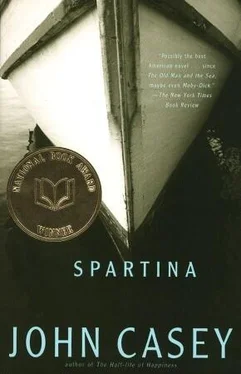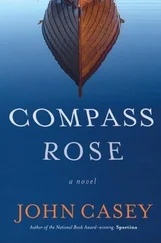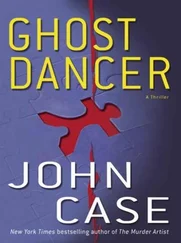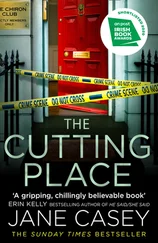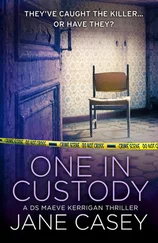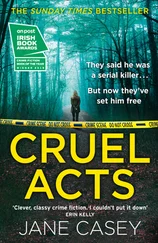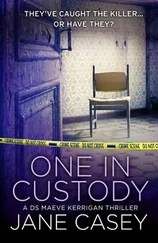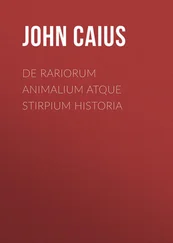He tried to sit up, almost called out to Elsie.
What would he be without the hard things he was right about? If his bitterness had drained, what would he be, how disabled? He didn’t want to be like Eddie. It was hard to say about a friend as good as Eddie, but he didn’t want to be that soft-shelled. In a way Elsie was right to say class rage — he’d been made by enemies. It was natural. How else did nature work? He’d used some of his tricks to show up the piss-to-windward sailors, wasn’t much maybe, but it marked his territory. And Spartina. What had he ever got by letting up?
An answer came from a funny direction. He thought of Mary Scanlon talking about her father. Fresh from his funeral, she told his jokes, even told his dumb jokes. He was a man Dick might have put down as just another gabby mick. And here he himself was remembering her remembering her father’s remembering. Little Tommy Scanlon whizzing down the hill at the noonday whistle, poking his cold face around the barrel on his sled, carrying the lunch pails to the mill, where his father was foreman of the dye works, where little Tommy Scanlon saw him jump over the dye vat …
Mary Scanlon sifted her old man like flour through her fingers.
Dick thought he’d be lucky to get as fine a sifting from his own kids. Include the one still in Elsie, now pressed against his feet. No building a boat, no hard craft of his would keep him from their judgments.
But that wasn’t the only reason he thought of Mary and her father, to worry about how he’d be remembered. Not just for that. It seemed to be to get him to relax about something he’d always known — that they all flowed into each other. All of them set about the salt marsh in the little towns and the houses on the hills — they all got mixed in, they stayed themselves. Permeable, yielding to each other, how could they stay themselves? The notion was as dizzying as the notion that time moved through them, that they moved through time. They changed and changed and stayed the same.
They were here, they were gone, they were somewhere in time.
But if there was no time that mattered but the time that was inside them, then they’d be nowhere.
He’d been scared by that thought before, shuddered it away before. Now it stuck him, as if it was angered by what he’d thought before, angered by his airy-fairy kindly-light notions of time as wave, in motion through a sea that was always there. Of all of them as waves in a life that was always there. But what if you go into the dark — you go in, you don’t come out?
Old geezers sitting around the Neptune near to closing time on a quiet night — he’d heard them say, “Best thing I ever did was have kids.” It had always sounded feeble to him. Now it seemed completely empty.
They were all down there trying to wire the shackle. Each one of them alone, clinging to the stem of a mushroom anchor with one breath inside. One breath. It didn’t matter if you got the shackle wired or not. There was no up. When your breath was done, no up.
You could let go or hold on, no difference. No up. No brightness getting brighter. You got dumber and dumber in the dark.
He was caught tighter and tighter in this thought, motionless but shot by thought to the end of his breath.
At last he was released. He felt how tight he’d got. His body was twisted hard as rope. He let his shoulders go loose, and he must have moved his feet, because Elsie pushed them away in her sleep.
He wasn’t scared. He wasn’t calm, but he wasn’t scared anymore. He let his feet slide off the sofa onto the floor, got up, and put a log at the back of the coals. It was still dark at the window.
He no longer thought he’d brought that despair on himself by thinking big. Now it occurred to him he hadn’t been scared enough when the wave came through the window into Spartina’s wheelhouse. He hadn’t been scared enough, he hadn’t been thankful enough. All right, he could see that.
But he was goddamned if he was going to go on being scared, not for one black wave of thought that might be true, might not be. He had other thoughts; they might be true too. One picture of himself turning into minerals in the dark wasn’t necessarily all there was to it.
He took up what he’d been thinking when he’d left off. He started off warily. He thought of the other people around the salt ponds, the salt marsh, up in the houses in the hills. Take Elsie for one. Now, there was someone as unlike him, as unlikely to be connected to him, as he could imagine. By comparison, Miss Perry’s connection to him and his family made sense. And yet it turned out he didn’t just know about Elsie, he felt her feelings way beyond what she told him, beyond their rushes at each other. He could trace other people in her. She talked about how she was scared of becoming like Miss Perry, as if Miss Perry’s spinsterhood could overtake her like a flood of sterilizing salt up into the fields above the marsh. But Elsie stuck to her, took in the good Miss Perry as much as she could, kept out the salt.
Elsie had her pricks of jealousy against her sister, against her sister’s beauty, against all the cultivation it took to tend the blossoms of her sister’s life. Elsie stuck to her too, imitated her, was working on her own blossoming in a beach-rose way, a wilder imitation of her sister’s flowering.
And then there was Mary Scanlon, now at home in Elsie’s house. Dick remembered how he’d laughed at the idea of the two of them under one roof — he’d said they’d take the paint off anyone who dared to come in. There was Mary making the place a nest while Elsie was in exile. Elsie complained about Mary’s getting sentimental and holy, but Dick knew she was grateful for every twig and piece of down Mary moved into the nest.
For all Elsie had explained just now about why she’d stopped him from making love to her — she had good reasons, but he’d felt her blood come up too, reasons wouldn’t have been enough — one thing Elsie didn’t say was she’d taken on more virtue from these three women friends in her recent solitude than she ever had before. He felt them in her, forces as real as those that made her face fuller, her hair glossier. He felt her need of these forces, he felt them balancing her in little ways. Better than anything he could do for her. Just as well, then.
But it sure as hell was Elsie who’d got his blood up until he was as helpless and fierce as he’d been the first time. Maybe more helpless and wanting. But then it was Elsie, Elsie right here, who’d turned him away with a finger. Good. Good.
So what would he be for her? Not part of her. Let all the forces in his life run heavy, keep him set. Let Elsie be. Let whatever longings he might have turn into letting her be, as outside him as the salt marsh, let her be herself the way the salt marsh was the salt marsh for all that flowed in and out. His mind swelled that thought — the way the sea was the sea for all the winds across her, for all the pull of the moon and the sun, for all the spinning of the earth under her, for all that sent her rocking from one edge to the other, sliding up sounds and bays, eating at shores, slithering into salt creeks and marshes.…
He saw how small they were, Elsie and him in this little room. Nothing like the sea. Two dots you couldn’t find in the real sea. Just enough life in them to keep paddling so they could keep drifting with the little colony of dots that’d spawned them.
He was exhausted now. He sat down by Elsie’s feet. He worked his way carefully onto his end of the sofa. He could just see the lump of her by the light of the fire, he could just make out the purple afghan. A day at sea and now this night. He was back in his tired body all right. Just a few stray notions between him and sleep …
Читать дальше
